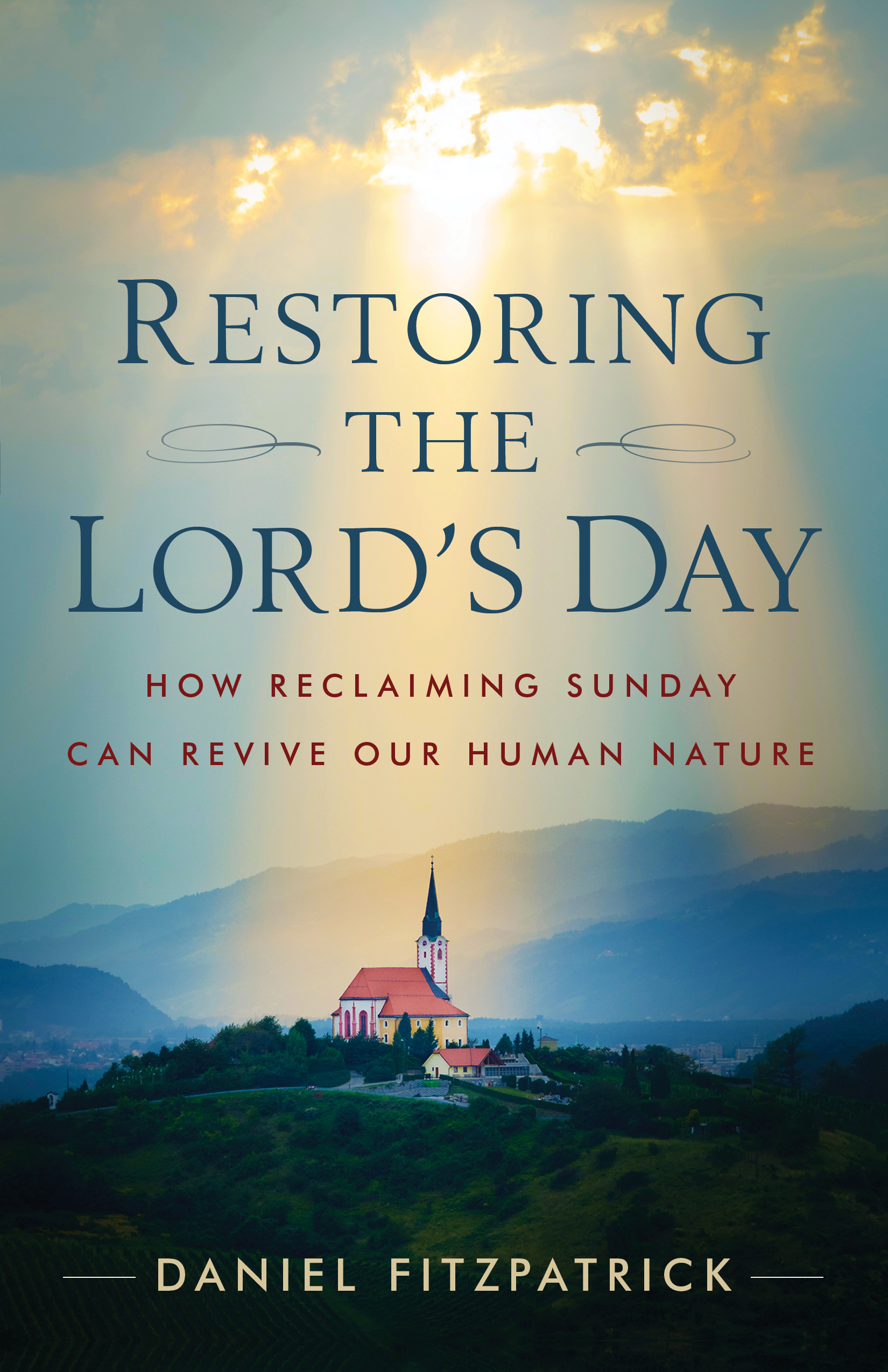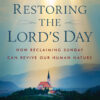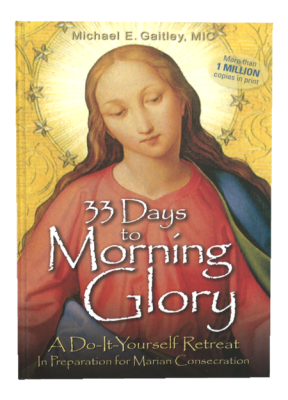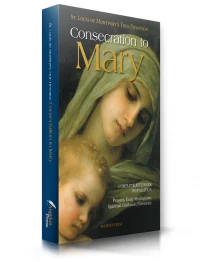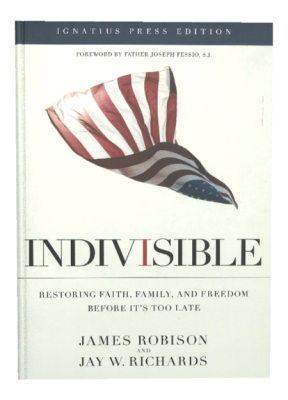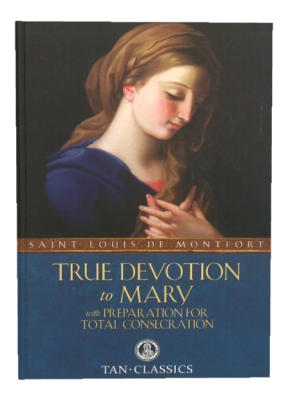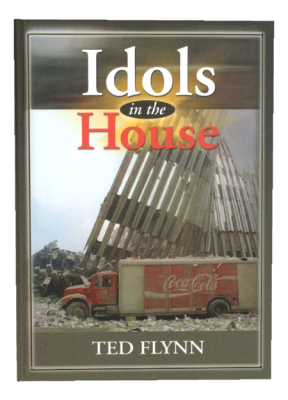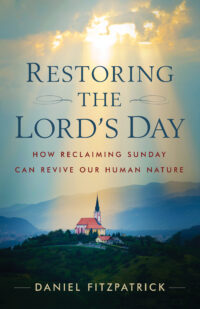By: Daniel Fitzpatrick
Modern society has forgotten that the joie de vivre and the liturgical life are intertwined. Drawing from his experiences growing up in the Catholic culture of New Orleans, author Daniel Fitzpatrick juxtaposes the beauty of taking time to celebrate the Faith with the ongoing cultural drift toward eliminating the Sabbath. The result is a book that will awaken Christians from their spiritual sloth and enable them to appreciate the Lord’s Day more deeply as a means of attaining happiness — in the here and in the hereafter.
Fitzpatrick masterfully breaks open Scripture, philosophy, psychology, and literature — from Homer to Dante, from St. John Cassian to Evelyn Waugh — positing that we have become Pharaohs within, consumed as we are with anxiety and work. The lines for commerce on Sundays, he points out, stretch out further than those for Holy Communion, while inertia blankets us and idleness saps us of our vitality and zeal.
Through his fresh insights and contemporary examples, you will discover:
- How to honor the Lord’s Day and reclaim the freedom to truly worship God
- Three aspects of the noonday devil’s approach, and how to recognize and defeat them
- Five ways to reorder your Sunday activities to restore Sabbath festivity and holiness
- How the Holy Eucharist strengthens and enlightens us on our journey to Heaven
- Techniques for cultivating the silence of contemplation
Additionally, you will see why Aquinas, Augustine, and the Desert Fathers identified acedia as an obstacle to advancement in the spiritual life — a sin against the Lord’s Day that often leads people to experience Sunday as a day of anxiety. You will also see how one comes to neglect the dignity of the human person and risks falling prey to immorality when one loses sight of what is holy. Conversely, you will see how living a holy family life, particularly on Sunday, trains us for the heavenly banquet.
Fitzpatrick also explains how the liturgy is meant to be celebrated in light of the writings of Pope Benedict XVI and other spiritual authors, and how it invites us to partake of the true “heavenly festivity” here on earth while preparing us for everlasting joy with God in Heaven.

